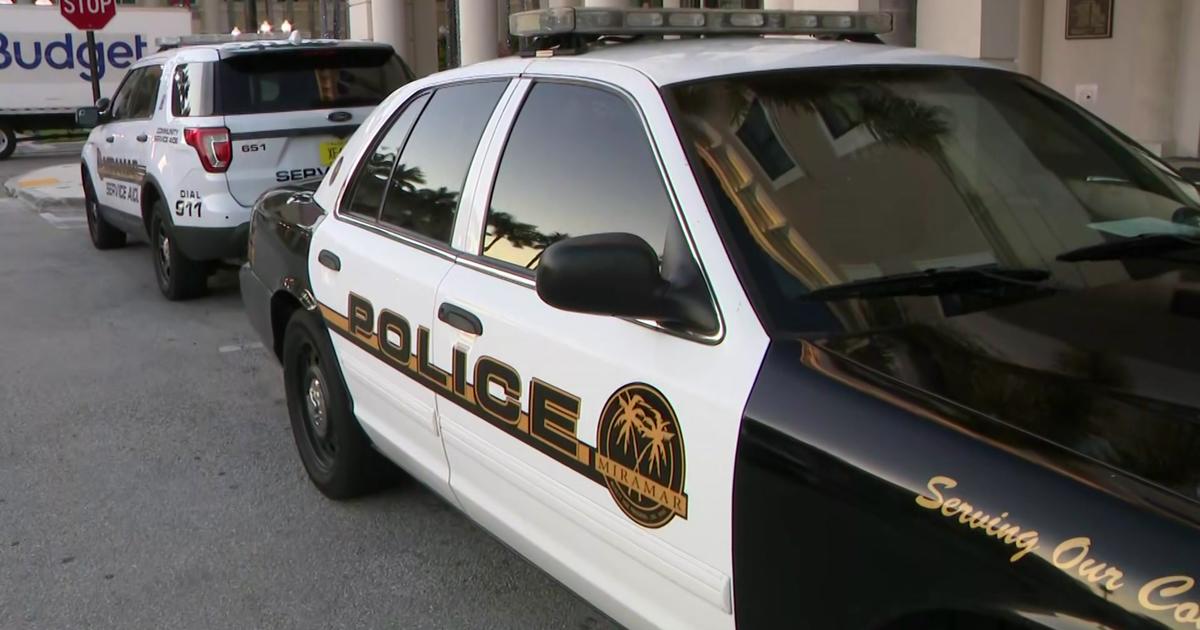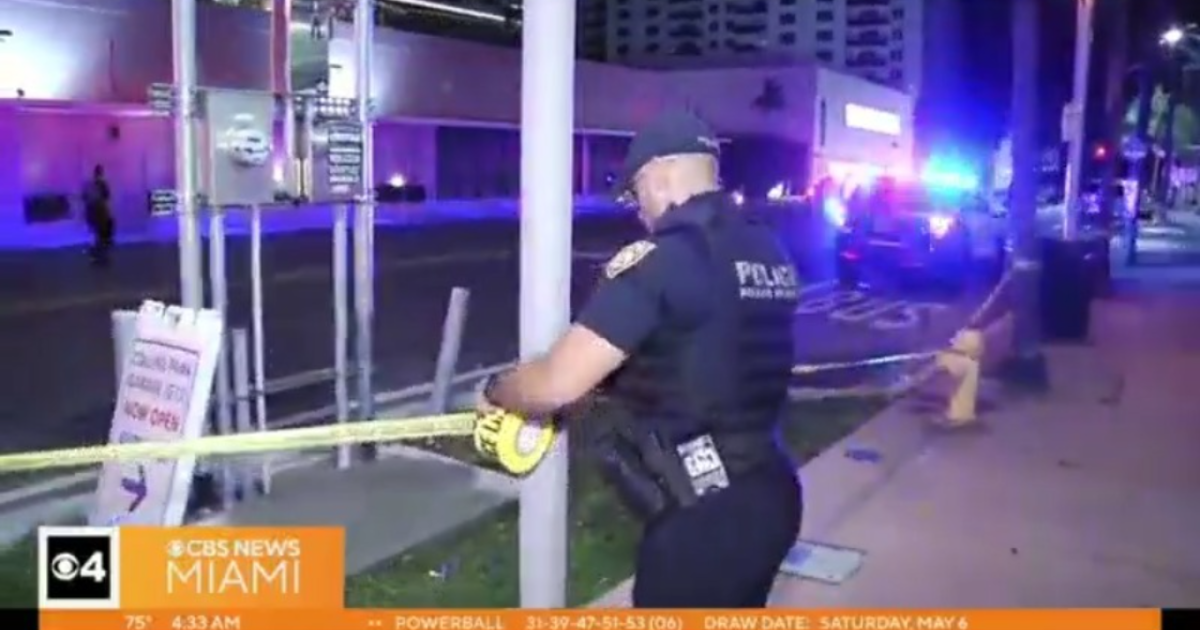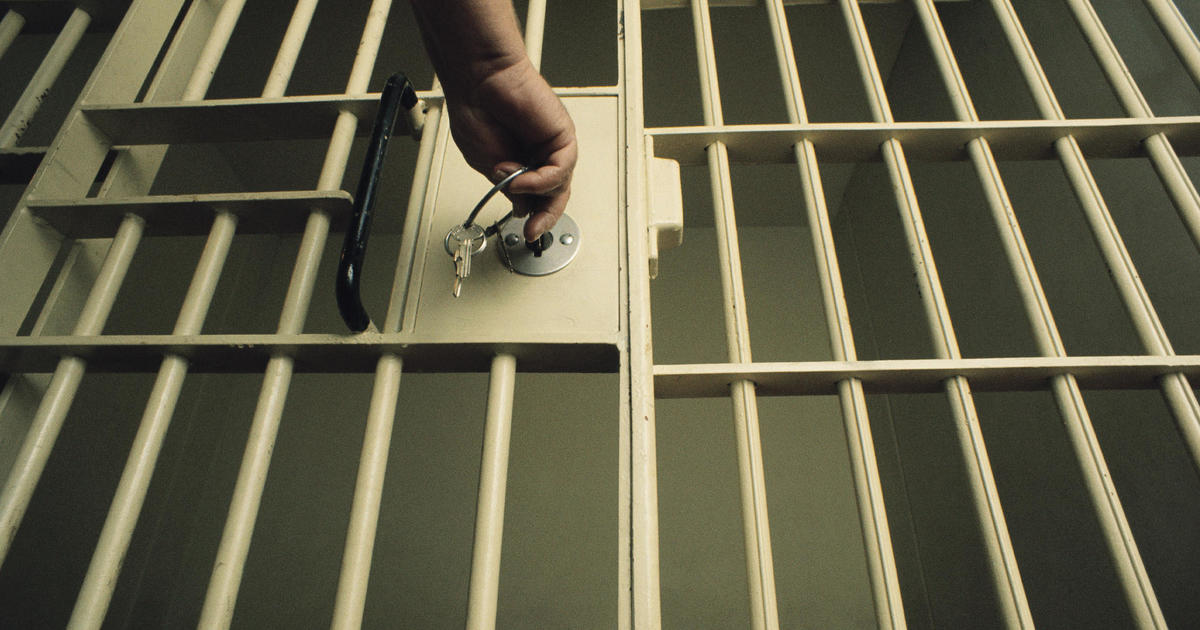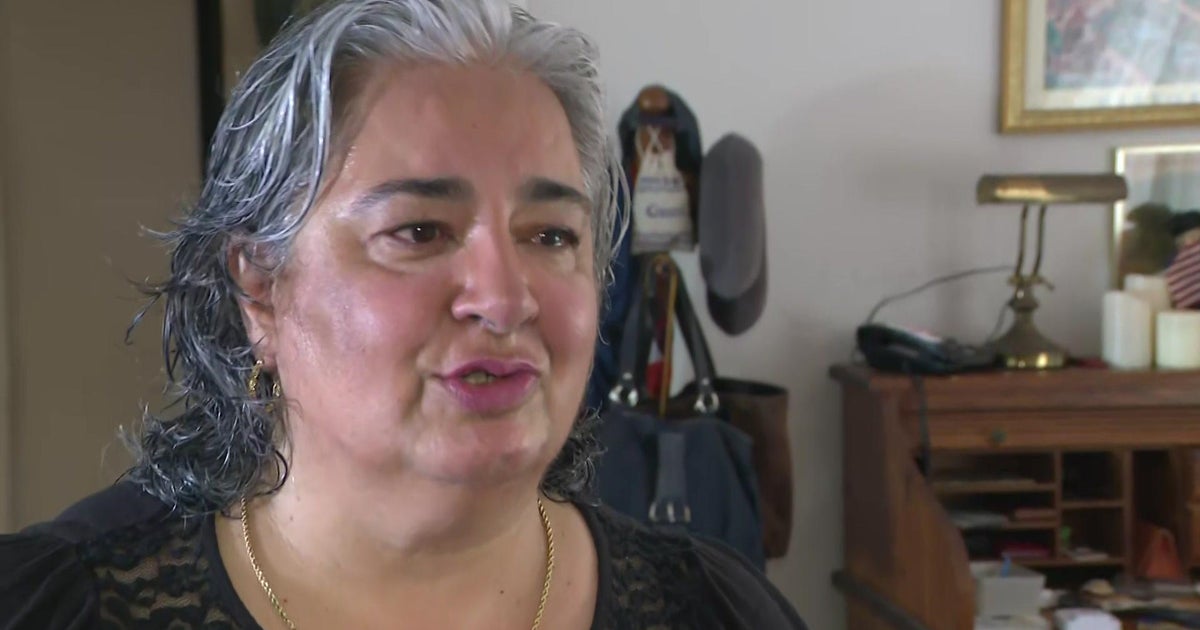Video Released Of Deputy Questioning In Deadly Shooting
Follow CBSMIAMI.COM: Facebook | Twitter
FORT LAUDERDALE (CBSMiami) – For the first time, we are hearing what a Broward Sheriff's Deputy charged with manslaughter told investigators in the days after the deadly shooting of Jermaine McBean.
The interview with Deputy Peter Peraza is part of a batch of interviews released by the Broward State Attorney's Office in the form of eight DVDs Wednesday afternoon.
Broward Sheriff's Deputy Peter Peraza sat in an interview room on August 5 2015 - just five days after the deadly shooting in Oakland Park.
Peraza's statement was voluntary and his union lawyer sat beside him. BSO detectives wanted to know what Peraza saw and heard leading up to the shooting.
Peraza says 911 calls came in of a black man walking the street carrying a rifle.
"He did have a rifle in his hand and it looked like he was walking with it," said Peraza.
Later, Peraza said McBean was carrying the rifle across his shoulders. It turns out the rifle was an unloaded pellet gun.
Peraza said once McBean turned into the Greentree apartments where he lived, the BSO sergeant made a decision.
"The sergeant over the radio saying that there's public inside there. We're going to have to make contact with him now," said Peraza.
He then went on to say they followed McBean into the apartment and yelled commands to him but he didn't respond.
"Was there any noise in the area that you think would have precluded him from hearing the loud commands you guys were giving," a prosecutor asked.
"No," replied Peraza.
"There was no construction going on, there was nothing in his ears to show that he couldn't have heard anything you said," asked the prosecutor.
"No," said Peraza.
"When you approached him, did you see anything that would have obstructed his ability to hear," asked the prosecutor.
"No," replied Peraza.
"There was nothing in his ears that you saw," asked the prosecutor.
"No," replied Peraza.
A picture taken by a resident in the apartment complex appears to show McBean with earbuds in his ears. An attorney for the McBean family says McBean could not hear the deputies because he was listening to music. Witnesses said they did not see McBean point the rifle at anyone.
But BSO Sergeant Richard Lacerra told a different story. He showed investigators how McBean held the gun – over his shoulders – when deputies confronted him.
"As long as he stays in this position, the rifle's safe," Lacerra said.
But Lacerra said McBean took the gun over his head and turned with it and that's when Peraza opened fire. Lacerra testified his gun was drawn and he felt in danger but didn't fire because, "I did not think I had a clear shot at him."
After the shooting, Lacerra said McBean managed to say a few words.
"He uttered to me, 'It was just a BB gun,'" he said.
Lieutenant Brad Ostroff said there was no way to tell McBean's rifle wasn't real. He also testified that he believes McBean heard Lacerra's commands.
"The suspect stops right in his tracks and looks over his shoulder and looks at us. He sees every one of us in full dress uniform," Ostroff told investigators. "It was an extremely aggressive move for him to make."
As for what Peraza saw at that moment, during this interview detectives did not question Peraza about the actual shooting.
CBS4's Carey Codd spoke with the attorney for the McBean family who is suing Peraza and BSO over this shooting. The attorney said the McBean family met with the detective who questioned Peraza prior to this statement being taken and that's why the detective focused on whether McBean had anything in his ears.
The attorney for the McBeans says they believe that exchange is where a cover-up began in this case.
However, Peraza's attorney, Eric Schwartzreich, maintains that Peraza is not guilty of the manslaughter charge and was only doing what he was trained to do – stop a threat.



